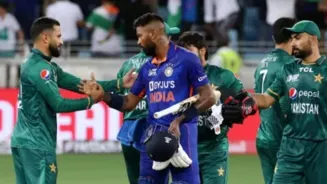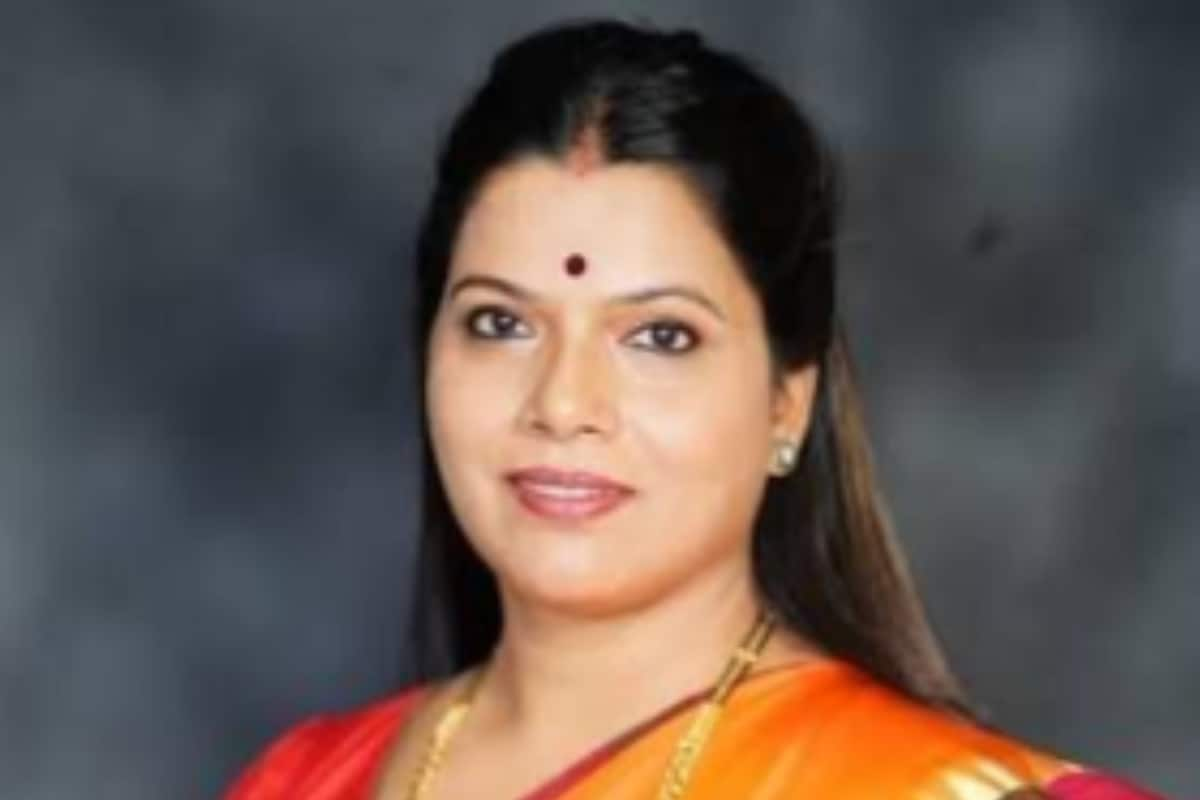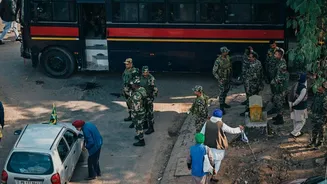Amid the ongoing backlash over India facing Pakistan in the Asia Cup on September 14 in Dubai, BCCI Secretary Devajit Saikia referred to the recently issued policy, stating that the central government
has not restricted engaging with any nation that isn’t on friendly terms with India in multinational tournaments.
The outrage over the match against Pakistan stems from the anger over the terror attack in Pahalgam, Jammu and Kashmir, where 26 tourists were killed on April 22 by Pakistan-sponsored terrorists. Former cricketers and fans have expressed their discontent about the fixture, even suggesting boycotting the match.
In August, the central government revised a policy addressing Indian athletes competing against Pakistani athletes in sports events. According to the policy, India is allowed to contest in multinational events but will continue to refrain from participating in bilateral competitions.
Why India Is Playing Against Pakistan In Asian Cup?
“So far as the BCCI’s view is concerned, we have to follow whatever the central government formalises. Recently, our policy, which is in place, regarding India’s participation in any multinational tournament or international tournament, there is no restrictions imposed by the central government whether we play any of the countries which are not on good terms with India. So India have to play all the matches in any multinational tournament,” Saikia was quoted as saying to ANI.
“As the ICC Cup is a multinational tournament involving the countries of the Asia continent, so we have to play. And also, for any ICC tournament, when there is a country which is not on friendly terms with India, we have to play in the international tournaments. So far as bilateral is concerned, we are not going to play with any of our hostile countries,” he added.
Saikia emphasised that the Indian cricket board will continue to adhere to the policy formalised by the government, highlighting the potential repercussions if the nation boycotts fixtures against Pakistan in global tournaments across different sports disciplines, including possible sanctions.
“So we are following the policy framed by the government of India, the Youth and Sports Development Department. So, the policy we are following we are totally in alignment with the policy framed by the central government. And for that, BCCI will have to do it. And we are very happy to follow the policy. And that policy is very nicely done, taking into consideration not only cricket, but also other games,” he said.
“So we are following the policy framed by the government of India, the Youth and Sports Development Department. So, the policy we are following we are totally in alignment with the policy framed by the central government. And for that, BCCI will have to do it. And we are very happy to follow the policy. And that policy is very nicely done, taking into consideration not only cricket, but also other games,” he said.
To further clarify his stance, Saikia explained the repercussions the Athletics Federation of India and two-time Olympic medallist Neeraj Chopra could face if he opts out of competing in a tournament that includes his Pakistani counterpart.
“That will actually go against the players of that particular event. Suppose, taking an example, suppose in athletics, India is not playing a particular tournament because we have to play with a player belonging to a hostile country. In that situation, if any sanction comes with the Indian Athletic Association, then take the example, suppose Neeraj Chopra, he won’t be able to participate in any international event. So that will be detrimental to the interests of the players,” he said.
“I am sure the government of India has taken into consideration all these factors while formulating the policy that allows India to participate, not only in cricket but also in other games, in various multinational tournaments,” Saikia concluded.
(With inputs from ANI)















